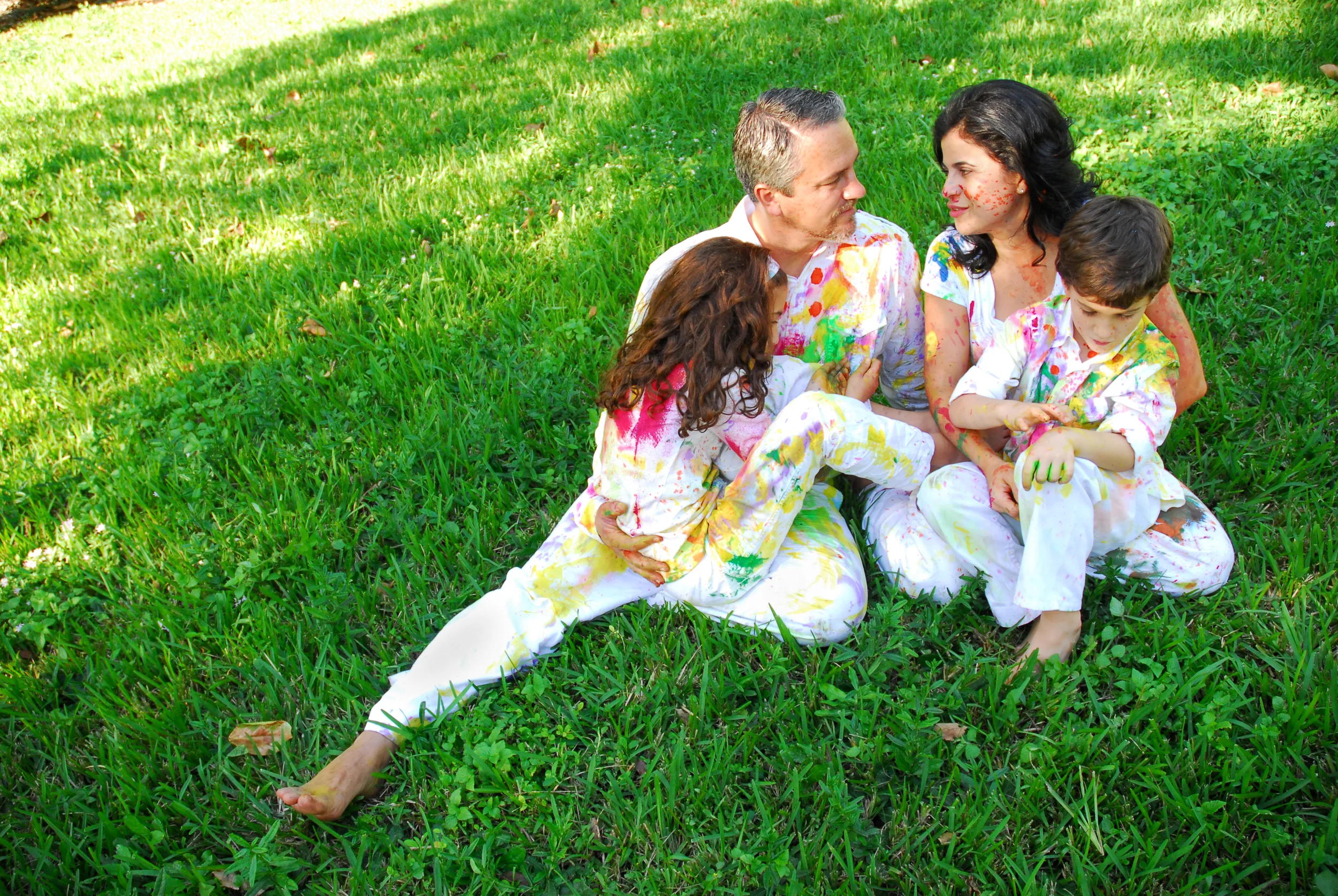“Allow your children to feel negative emotions.
Teach them how to deal with them; don’t rob them of the chance to learn.”
Emotional Intelligence is being able to:
Feel an Emotion
Tolerate Emotion
Recuperate from Emotion
This is learned by
Naming and labeling emotion
Physically experiencing emotion
Seeing it in others
(REPEAT, REMIND, REPEAT, REMIND, REPEAT, REMIND)
When Emotional Intelligence is mastered then we can
Have Self-Awareness – being able to understand our own strengths and weaknesses and how our actions affect others
Have Self-Regulation – being able to use your feelings and take action rather than “react” when feeling
Be Motivated – being aware of the information feelings give us when encountering disappointment and difficulty people with EQ are more resilient
Be Empathic – being able to feel and put yourself in someone else’s shoes
Have and maintain healthy social skills
Tools to help child FEEL EMOTION:
Label the feeling – “Wow, you are really disappointed and sad that I put away your toy”
Label/Model your own feelings-(whenever possible, especially when little one asks about it) – “Mommy is feeling really frustrated that we are sitting in traffic and we are going to be late for school”
Introduce books, apps, toys that show and speak about feelings.
Great Tool: take pictures of your child making feeling faces- laminate or use a site like Shutterfly to print a book and read together often!
Tools to help child TOLERATE EMOTION:
Narrate to the child what is happening – “You really wanted that toy and you pushed your friend because you were angry. We do not hurt our friend’s body when angry.”
Give the child choices on how to calm down – “You can sit next to me and take deep breaths until your anger passes or you can go to your cozy corner and let the anger pass.”
Then remain silent(breathe) until the wave of emotion passes. This usually takes 90 seconds to 20 minutes to pass. (#embracethetantrum #embracetheiremotionaldisplay #breathewait)
Tools to help child RECUPERATE FROM EMOTION:
In the moment:
Reunite with your child once they calm down. Hug them if they ask for a hug, in the midst of the hug you can discuss how they can react next time.- “ I know you were very frustrated that you had to take a bath because you wanted to play. I had to help your body to the shower because I had already asked you three times. Next time I know you can work on listening the first time”
Reinforce how they made themselves feel better – “You were very frustrated, but you sat with your bear and let the frustration pass. I heard you take three breaths, now you’re feeling better.”
“Please be mindful that hugging them after they have been emotionally disregulated IS NOT condoning or rewarding “bad behavior”. Feelings or being overwhelmed by emotion isn’t “bad behavior” The hug they ask for is for them to be able to soothe their emotional state and use you to regulate their nervous system. Rewarding or giving in is when you change the boundary you just set because they are crying or you hand them what you took away. Hugging them while maintaining your rule or boundary is a loving and needed parenting action.”
Day to Day
Show them to breathe to calm down (i.e. Yoga, meditation, try Smiling Mind app)
Tell them stories of how you let your feelings pass through you or model calming down/expressing emotion
At a quiet point in the day reflect on the day and what the child felt and how they recuperated from the emotion
When to seek professional opinion
If child is older than 5 and you have implemented these strategies consistently for at least 6 weeks and there is minimal change
If child seems to seek or avoid sensorial experiences (i.e. Spinning, not sitting still, covering ears to sound) and parent has observed that tantrum is triggered by this
Overly accommodates and relies on others
Anxiously controls others
Overly opposes and demands from others
Overly detached from others
Workshop Presented at United Way Center for Excellence on Enhancing Emotional Intelligence of Young Children 0-5 years old

